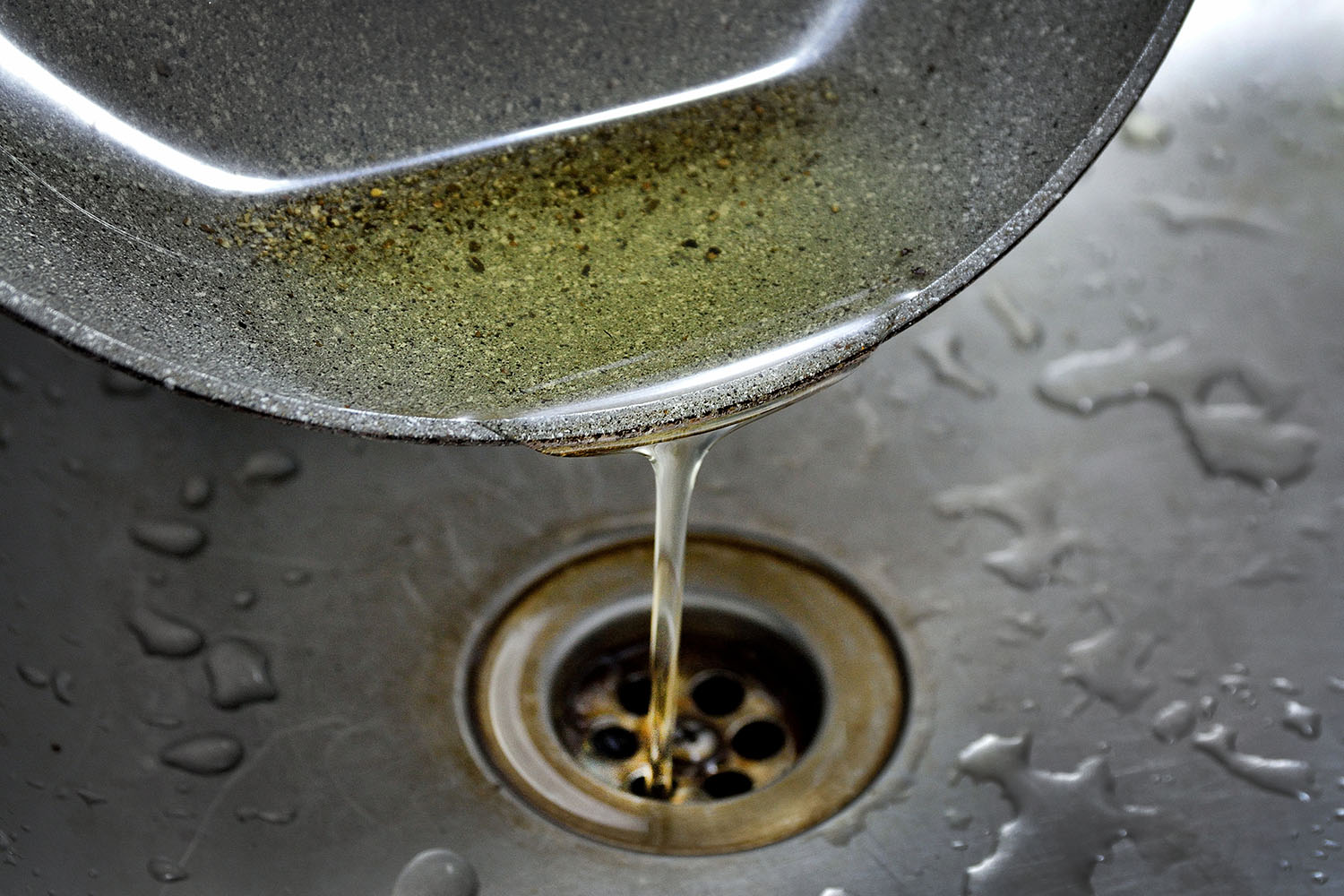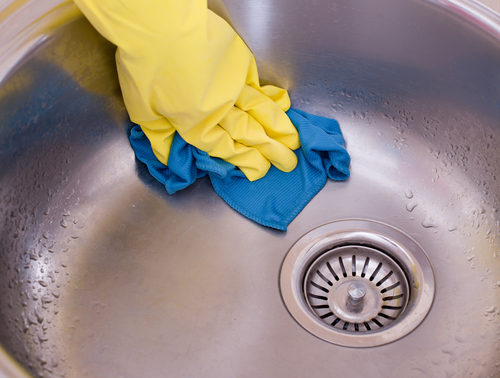Month: October 2021
Month: October 2021
Toilet Troubleshooting: Fixing The Faulty Flush
Toilet Troubleshooting: Fixing The Faulty Flush
 Imagine this: you’re trying to flush the toilet – emphasis on trying because it simply won’t budge. At this point, you’re probably exasperated and wondering what the problem is, especially if there is no obvious clog or blockage. That you can see, at least. One of the reasons this happens is that it simply isn’t getting enough water. Alternatively, one of the interior components could be malfunctioning. If you’re in search of a quick fix, we’ve got good news: just follow our lead!
Imagine this: you’re trying to flush the toilet – emphasis on trying because it simply won’t budge. At this point, you’re probably exasperated and wondering what the problem is, especially if there is no obvious clog or blockage. That you can see, at least. One of the reasons this happens is that it simply isn’t getting enough water. Alternatively, one of the interior components could be malfunctioning. If you’re in search of a quick fix, we’ve got good news: just follow our lead!
Unclog That Concealed Clog
Clogs are the most common reason why your toilet has trouble flushing. This sticky situation usually results from a user attempting to flush something that shouldn’t go down the bog. Toilet paper is good to go, but flushable wipes could cause problems down the plumbing line. Plungers and toilet augurs can unstick the clog. The flange plunger will do the best job since it creates a tighter seal.
Inspect the Handle and Chain Mechanism
Suppose that there is no clog. In that case, an unforeseen blockage is not the problem. The true culprit could be the handle and chain mechanism. When the chain gets disconnected, it stops the flushing lever from working. On the other hand, the chain might be too long or too short.
Meanwhile, extra-long chains won’t snap the flapper up, and the flush doesn’t happen when the flapper doesn’t move. But if the chain is too short, the flapper won’t close all the way. This means that you’ll hear the fixture continue to run, and it can’t refill itself. Pull the lid off the tank and look at the chain. You might need to resecure it if it has come undone.
Force the Flapper to Stop Flapping
The flapper is the inlet valve that moves water from the tank into the toilet bowl. Worn-out flappers are easy to replace. Once you have a new one, turn off the water supply. Empty the tank and then remove the old flapper. Put the new one in its place and then reattach the chain. If you live in an apartment or townhouse rental complex, dealing with this is as easy as putting in an online maintenance request.
Attempt to Fix the Overflow Tube
One last suggestion we have for you involves the overflow tube. Cracked or damaged overflow tubes draw water in instead of letting it run past. Take out the old overflow tube and put in a new one instead!
All of Your Plumbing Needs from Master Plumbing
Give Alpha Plumbing Services a call at (301) 650-9100, or contact us online to get more information on how our expert plumbers can help you with just about anything plumbing-related! We have received Angie’s List Super Service Award recognition for plumbing and drain cleaning every year since 2007, in addition to the Best Plumber award from Best of Bethesda. We are fully licensed, bonded, and insured, and our service is unparalleled. Give us a call today—you won’t regret it! To see examples of our projects, follow us on Facebook and Twitter!
…
Why You Should Never Pour Grease Down the Drain
Hold it right there! Don’t even think about pouring that bacon grease down the drain. We get it – it’s a hot, oily mess. But it can cause serious issues when poured down your kitchen drain. So, what in the world are you supposed to do with it?
Why Is Grease Bad for Drains?
Grease solidifies once it cools off. Sure, it might flow out of the pan and down the drain, but in a few minutes the grease solidifies in the pipes and acts as a sticky trap for gunk and debris. Over time this blockage can clog the pipes or slow the drain. Grease also wreaks havoc on local sewer systems and septic tanks. Significant amounts of grease in sewers have even clogged neighborhood sewer systems.
What to Do with Leftover Cooking Grease
Bacon grease, duck fat, lard – any grease that is solid at room temperature should stay far away from your drains. Cooking oils that are liquid at room temperature, such as olive oil, vegetable oil or canola oil, should also never be poured down the drain. Here’s what to do with both after you’re done cooking.
Grease – If the grease is still hot, simply pour it into a dedicated grease jar or can. A mason jar works well, or you can make a disposable grease can by removing the lid of a soda can with a can opener. When the jar or can fills up, simply scoop out the solid grease into the trash bin or throw out the entire can. You may also leave the grease in the pan, wait till it solidifies, and then wipe it out with paper towels.
Cooking Oils – Allow the cooking oil to cool off before you do anything with it. If there is less than a cup of oil, pour it into the trash can on top of a few paper towels. This may not be an option if you’re dealing with large amounts of oil. If you need to dispose of more than a cup, pour the oil into a container and reuse it next time you’re frying. Or you can save plastic jugs with screw tops to collect used cooking oil in and throw the entire container away when it’s full.
What If I Already Poured Grease Down the Drain?

Our plumbers recommend the most eco-friendly drain preventative there is! BioChoiceES® is the safe, natural alternative to caustic drain cleaning chemicals that helps prevent drain build-ups by degrading organic materials such as soap scum, fats, oils, and grease buildup.
Call Expert Drain Cleaners

If you’ve been pouring grease down your drain for years, then you might need professional help. This grease is likely holding on to debris that is clogging your pipes and requires professional cleaning. Call us to unclog your drains and clean your pipes. You can also request an estimate on our homepage. Mr. Rooter Plumbing is a locally owned and operated company. Our plumbers understand that plumbing service is about not only your pipes but also your satisfaction. We won’t begin work until we give you a complete diagnosis and the best options to get it fixed, followed by an upfront flat rate price; that’s the Mr. Rooter guarantee.…